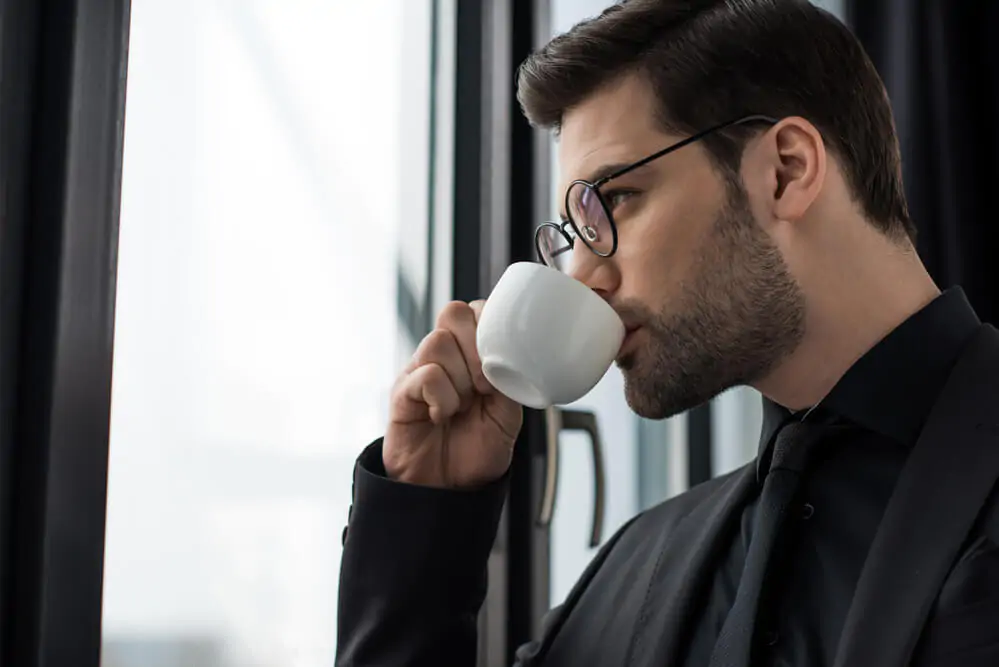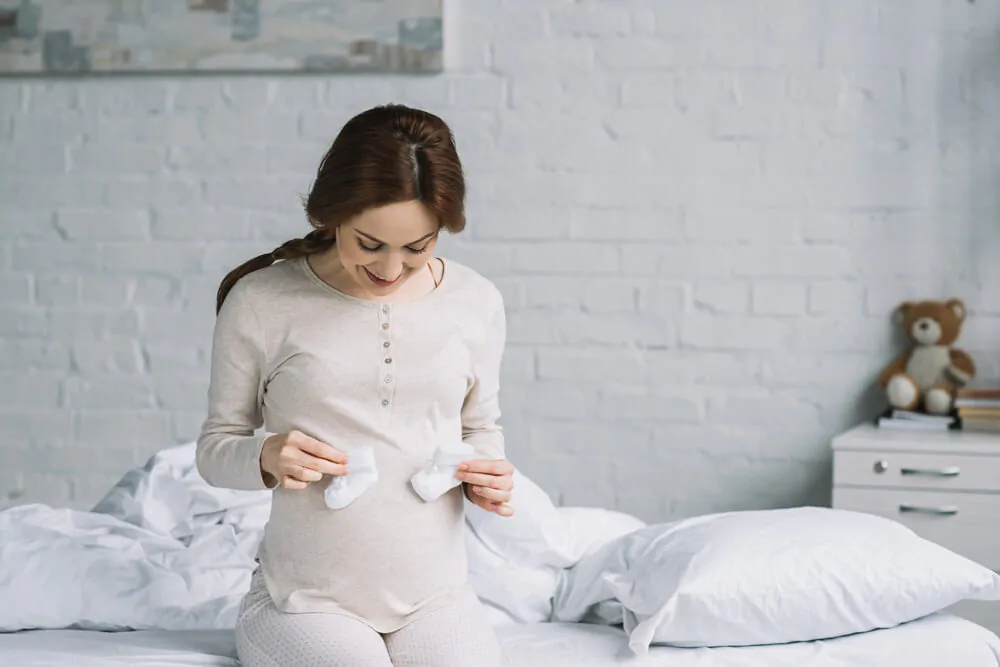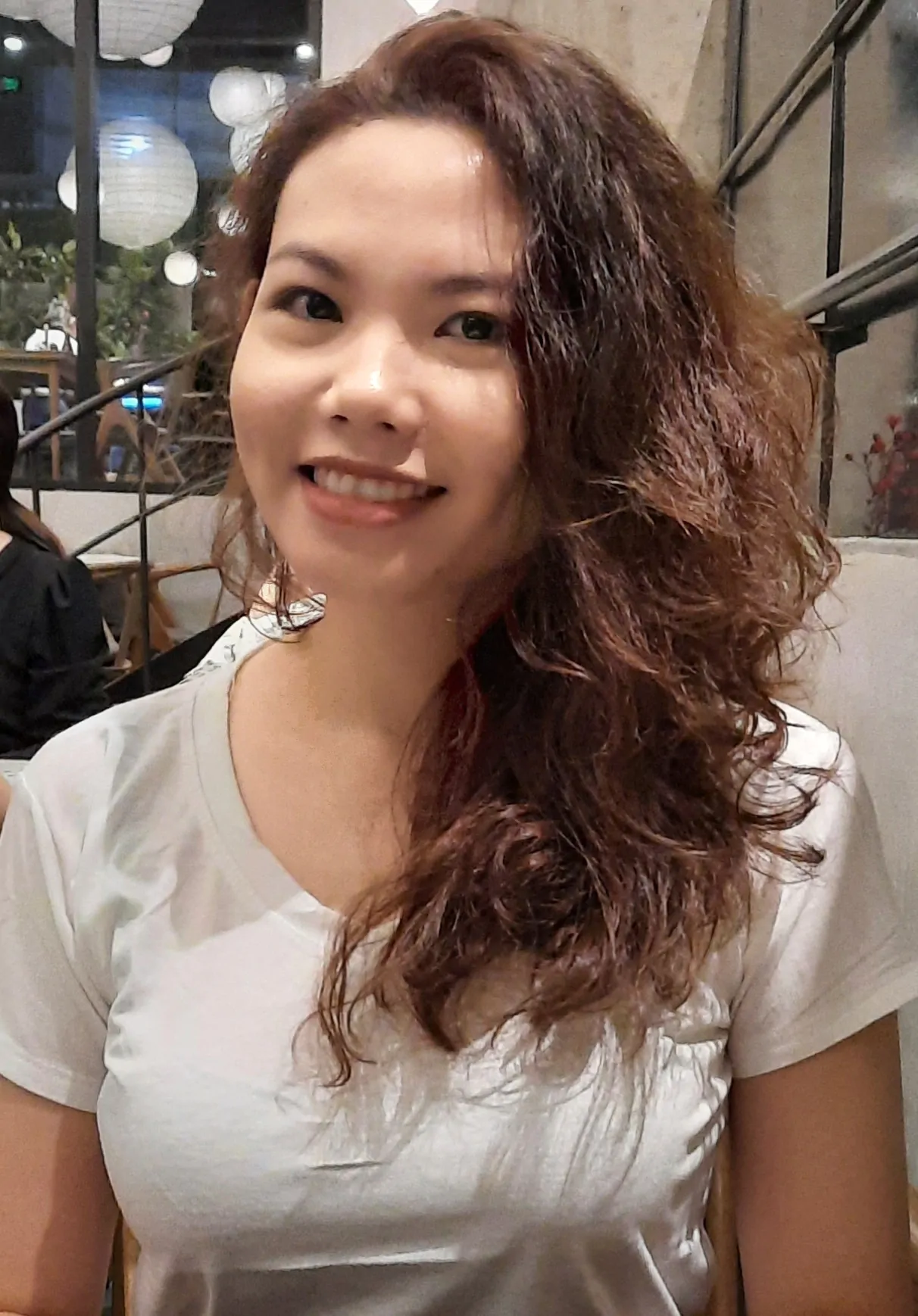Why quit coffee? We love coffee, but too much of anything can be harmful, so here are 7 why reasons quitting coffee can improve your well-being.

The pandemic hit so hard. Most of us got spoiled by the endless cycle of sleep, coffee, and repeat. And coffee, just like any other type of caffeine, poses a range of health benefits – and also health risks.
Coffee is not made for everyone; many people are coffee or caffeine intolerant. I still remember the days I had to deal with a quarter-life crisis three years ago. One of my friends hit me and told me to get rid of caffeine as part of the recovery process.
I was in doubt. I could never imagine my life living a day without my cup of Robusta. But then again, overconsumption or reliance on coffee is a sign of addiction, so it’s time to consider quitting coffee.
Other than anxiety, people with high blood pressure, acid reflux, sleep disorders, and expecting or breastfeeding women should quit coffee. Here are seven reasons you should consider quitting coffee and how to do it right.
- 1. Quit Coffee If You Have High Blood Pressure
- 2. Quit Coffee If You Are Expecting Or Breastfeeding
- 3. Quit Coffee If You Have Sleep Disorders
- 4. Quit Coffee If You Have Anxiety
- 5. Quitting Coffee Makes You Happier
- 6. Quitting Coffee Is Not As Hard As You Thought It Was
- 7. Quitting Coffee Allows You To Focus On What Matters The Most
1. Quit Coffee If You Have High Blood Pressure
According to Sandy Younan Brikho, MDA, RDN, caffeine is linked with high blood pressure or hypertension.
You might find our guide on how to quit coffee helpful.
2. Quit Coffee If You Are Expecting Or Breastfeeding

While it’s not downright necessary to cut coffee completely, the American College of Obstetrics and Gynecology advises a limit in coffee intake to 200 milligrams a day for expecting women. This reduces the risk of miscarriage, premature labor, and low birth weight.
3. Quit Coffee If You Have Sleep Disorders
Coffee keeps you awake, so any exceeding the recommended daily amount will result in poor sleep quality. According to the Sleep Foundation, do not consume coffee six hours before bed.
4. Quit Coffee If You Have Anxiety
There is an association between caffeine and the brain chemical known as adenosine. Caffeine will trigger alertness by blocking adenosine which leads to tiredness. Caffeine is an energy stimulant.
According to a study in 2005, excessive caffeine consumption is one of the main contributors to sleep disorders, anxiety disorders, and psychotic symptoms. Consult your doctor if you’re on any medication or seeing any change in health status regarding coffee intake.
5. Quitting Coffee Makes You Happier
There is scientific evidence behind this study. According to nutritionist Melissa Smith, the caffeine in coffee messes up with the receptors involved in energy production. It will trick your body into producing more energy without using natural and recyclable energy-producing molecules.
Overconsumption of caffeine will gradually use these natural molecules. You will find it extremely hard to be up and running again naturally without the help of coffee. And that is a sign of addiction.
Besides that, the stress hormone cortisol in the body stimulated by caffeine is also linked to increased blood sugar levels and insulin levels. When your blood sugar is high and the insulin level is corrupted, you’ll experience wearisome due to increased inflammation.
6. Quitting Coffee Is Not As Hard As You Thought It Was
If you’re not a coffee addict, quitting coffee abruptly is not too hard. But for those with an addiction, their relationship with coffee is complicated, and it goes beyond the physical layer of chemical reaction to caffeine.
The love for coffee is not simply how fulfilling it makes you feel when you sip on that cup of hot, blissful bitterness while looking out the window. The ritual of making coffee is also the joy itself. From grinding beans and smelling the fresh grounds falling into the container to heating water and pouring over, your mind is free and relaxed.
Then when it comes to social interaction, when you grab a drink with your friends, watch the world go by, chat with someone new, or simply focus on your work, coffee is part of your daily joy, and it injects your boring tasks with happiness.
Quitting coffee cold turkey seems like the end of the world for many people, so start small. Switch to decaffeinated coffee that allows you to grind and brew your cup in the kitchen daily. When you go out, look for decaf coffee only.
Alternatively, you can try drinking real coffee only once every two days instead of daily, linger the break time from two to three days before trying decaf coffee, and complete the coffee quitting cycle as I advised.
7. Quitting Coffee Allows You To Focus On What Matters The Most

Quitting coffee cold turkey is likely to cause physical withdrawals, from migraine-quality headaches to drowsiness, irritability, and mood swings. Some people will go through an intense headache for the first few days but wait for the fruitful reward at the end of the process.
One day you’ll wake up and feel like nothing has ever happened. The next afternoon when you decide to go without coffee, you won’t be feeling as tired as before. It will keep improving day after day, so be patient.
And then, in the third or fourth week, try setting your grinding machine and any other coffee-related goodies aside; keep them in the cupboard away from your sight.
It’s alright to drink coffee when you need to hang out with your friends is okay, but this time, focus on the social activities. Find a new hobby that doesn’t involve any coffee-drinking habit; go for a jog, take on a new sport, or learn to bake. Opt for kombucha or herbal tea containing no caffeine if you need to drink something other than just coffee.
